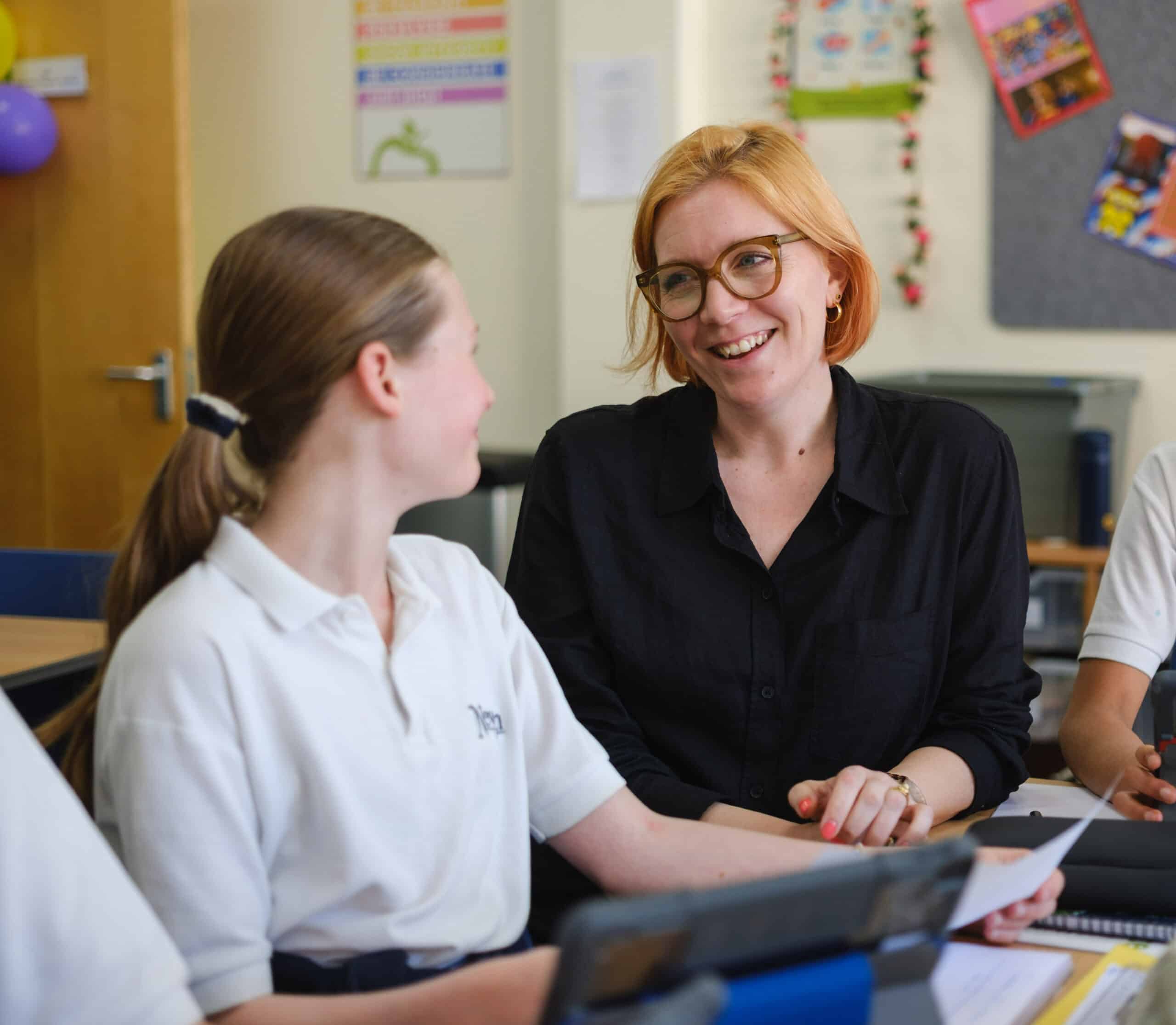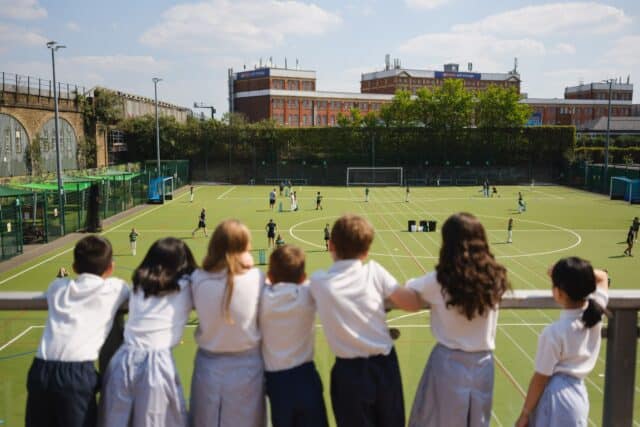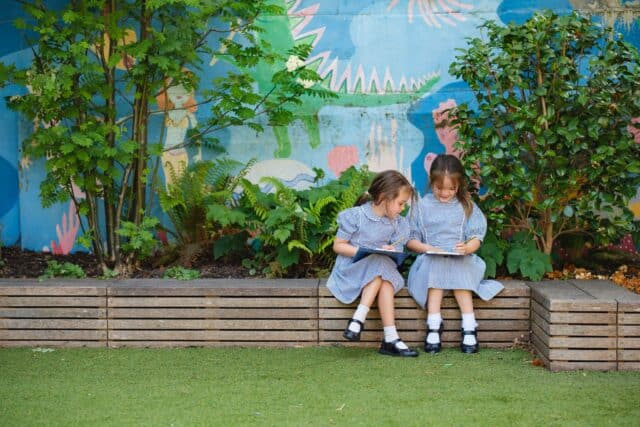In Years 6 to 8, pupils at Newton Prep enjoy a rich, challenging and outward-looking curriculum that blends academic rigour with creativity, preparing them for senior school and life beyond. With specialist teaching, immersive experiences and a rich, forward-looking curriculum, these are years of growth, confidence and preparation for senior school and beyond.
Our Subjects
English
Mathematics
Science
Languages
Latin
Music
Drama
Art
PE
Newton Prep Diploma
At the heart of Years 7 and 8 lies the Newton Prep Diploma: a unique, thematic programme combining Humanities (History, Geography, Classics and Theology, Philosophy and Religion) with Art. Taught by subject specialists, the Diploma helps pupils explore complex, real-world topics in depth. The journey begins with a residential trip to the Scottish Highlands and continues through workshops, projects and trips, ranging from a field studies to interactive workshops. Students find the Diploma an academically enriching programme and leave as more rounded individuals. The curriculum remains broad, stimulating and deeply enriching, designed to nurture intellectual curiosity, personal growth and a strong foundation for the future. Citizenship and community are integral to the Diploma; pupils take part in practical initiatives supporting local schools and charities, building empathy, responsibility and a sense of purpose.



